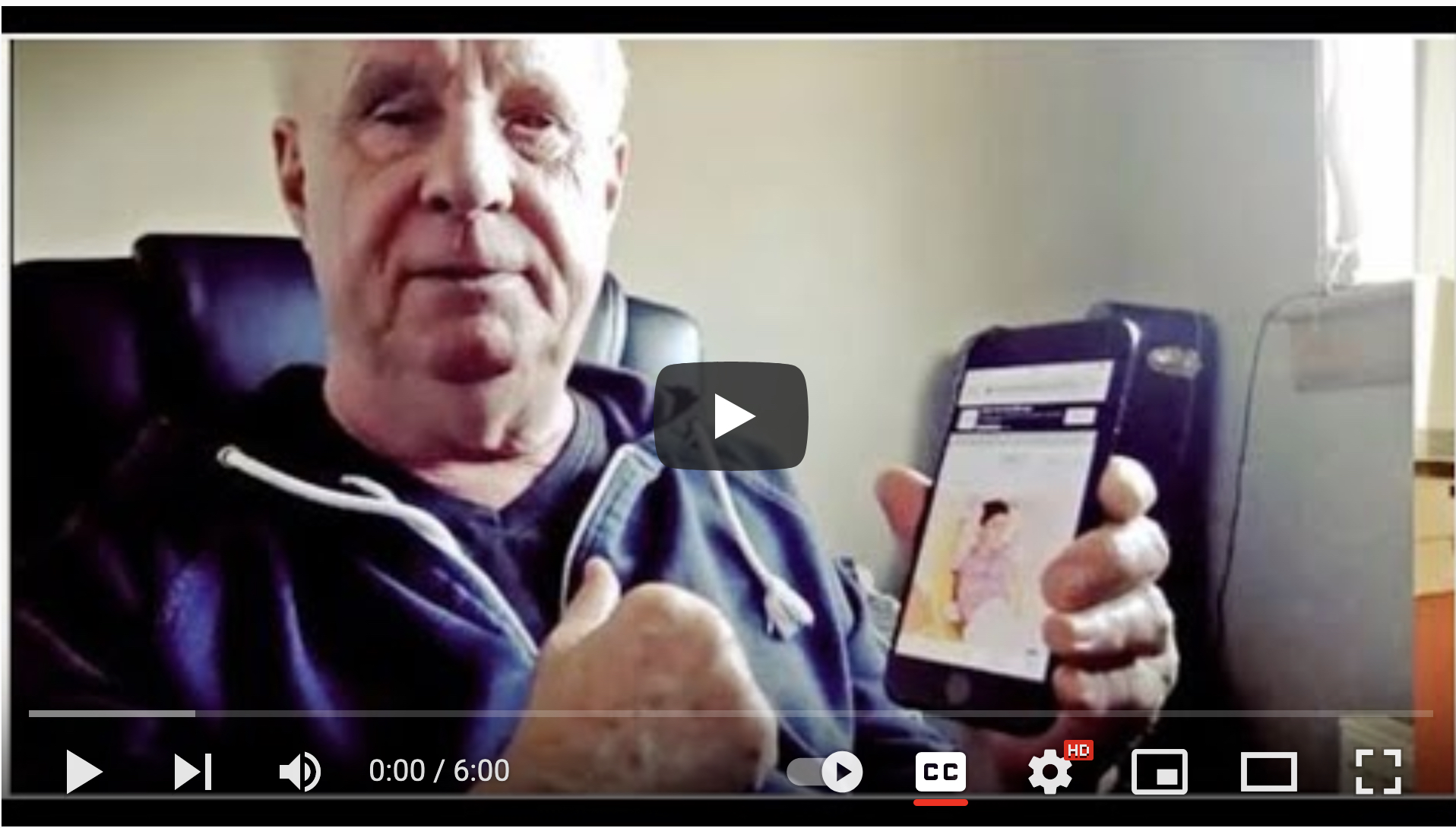Websites are essential for businesses and organisations to connect with their customers and audiences. However, what many people don’t realise is that not all users can easily access to their content. For disabled people or people with accessibility needs, accessing and using websites can be a challenge. That’s why web accessibility is so important, and why businesses and organisations need to prioritize it. And it’s also where a Web Accessibility Agency can help.
What does web accessibility mean?
At its core, web accessibility means designing and developing websites that can be used by everyone, regardless of their abilities or impairments. This includes people with visual or hearing impairments, physical impairments, cognitive impairments, and more. By making websites more accessible, businesses and organisations are creating a more inclusive online experience for all users.
So why does your website need to be accessible? Insights from web accessibility agencies:
First and foremost, web accessibility is a legal requirement. The Equality Act 2010 mandates that websites must be accessible to disabled people. And the British Standard (BS) 8878 is designed to help you commission such a website from a website design agency that understands accessibility and has a focus on equality access. In recent years, there have been lawsuits against companies for having inaccessible websites. Although, as of today, there have been no prosecutions in the UK, we can contrast that with the US, where the number of accessibility lawsuits rose 250% between 2017 and 2021. By prioritizing web accessibility, businesses and organisations can ensure compliance with these legal requirements.
But web accessibility isn’t just about following the law
Web accessibility isn’t just about following the law, there are many benefits to making your website more accessible. It can make it easier for all visitors to use: creating a more positive experience for all. This can lead to increased website traffic, higher conversion rates, and ultimately, if you are a business, more revenue. If you are a charity or a non-profit organisation it helps your visitors to find the information/service they are after – and it strengthens your brand.
It’s also about brand reputation and customer loyalty
As I mentioned above, prioritising web accessibility can have a positive impact on brand reputation and customer loyalty. By showing that you value all users, you can build trust and loyalty with your audience. This can lead to long-term customer relationships and a stronger brand reputation.
Of course, making your website more accessible isn’t always easy. There are many common web accessibility issues that businesses and organisations need to address. These include things like lack of alt text for images, inaccessible forms and links, and inconsistent navigation and layout. For example, a visitor who is blind, will not know the purposes or the non-text content of your images unless you provide text alternatives.
One of the best ways to ensure web accessibility is to work with a web accessibility agency
These agencies have expert knowledge and experience in web accessibility, and can provide a range of services to help businesses and organisations improve their website accessibility. This includes accessibility audits and testing, accessibility training and education, and ongoing support and maintenance.
Web accessibility is essential for businesses and organisations that want to create a more inclusive online experience for all users. By prioritising web accessibility, businesses and organisations can ensure legal compliance, improve the user experience for all users, and build trust and loyalty with their audiences. A good way to ensure web accessibility is to work with a web accessibility agency. One that has knowledge and experience and knowledge in this area and can work with you to understand your specific needs.
Get in touch today: Tel: 07810 098 119
Email: webdesign@jimbyrne.co.uk
Related Content
- Website Accessibility Auditing Service – for WCAG 2.1, WCAG 2.2 ComplianceRichard Morton is a member of our website accessibility audit team "A large proportion of my work over the last six years has been web accessibility auditing, using the Web Content Accessibility Guidelines (WCAG 2.1 & WCAG 2.2).I do manual testing, using the standard browsers, and light tools like the AIS ...
- About Web Designer and Accessible Website Design Specialist Jim ByrneA passion for equality and accessibility Decades before he became an accessible website design specialist, Jim started his working life as a computer programmer in 1979 using 'miniframe' computers that had LP (a long player record) sized 'not very floppy disks'. The disks needed to be screwed into a large cabinet ...
- Website accessibility ServicesAmflify Change We contacted Jim and his team to audit our old website in preparation for a brand refresh and website redesign, and to do an accessibility audit after the redesign process. From the beginning of our collaboration, Jim was thorough and clear with his findings and provided additional support and ...
Take my Web Accessibility Online Training Course - WCAG 2.1 Compliance
Learn to design and manage WCAG compliant, accessible websites with my online course
You will learn both the techniques of accessible website design and an entire ‘framework for thinking about the subject’. It will equip you with the skills to understand, identify and fix issues any accessibility issues you come across. Watch the free videos to get a taste of what is on the course.
)
Working with non-profits, charities, voluntary and public sector organisations and social enterprises for over 20 years. Jim set up one of the worlds first website accessibility web agencies in the mid 1990s.